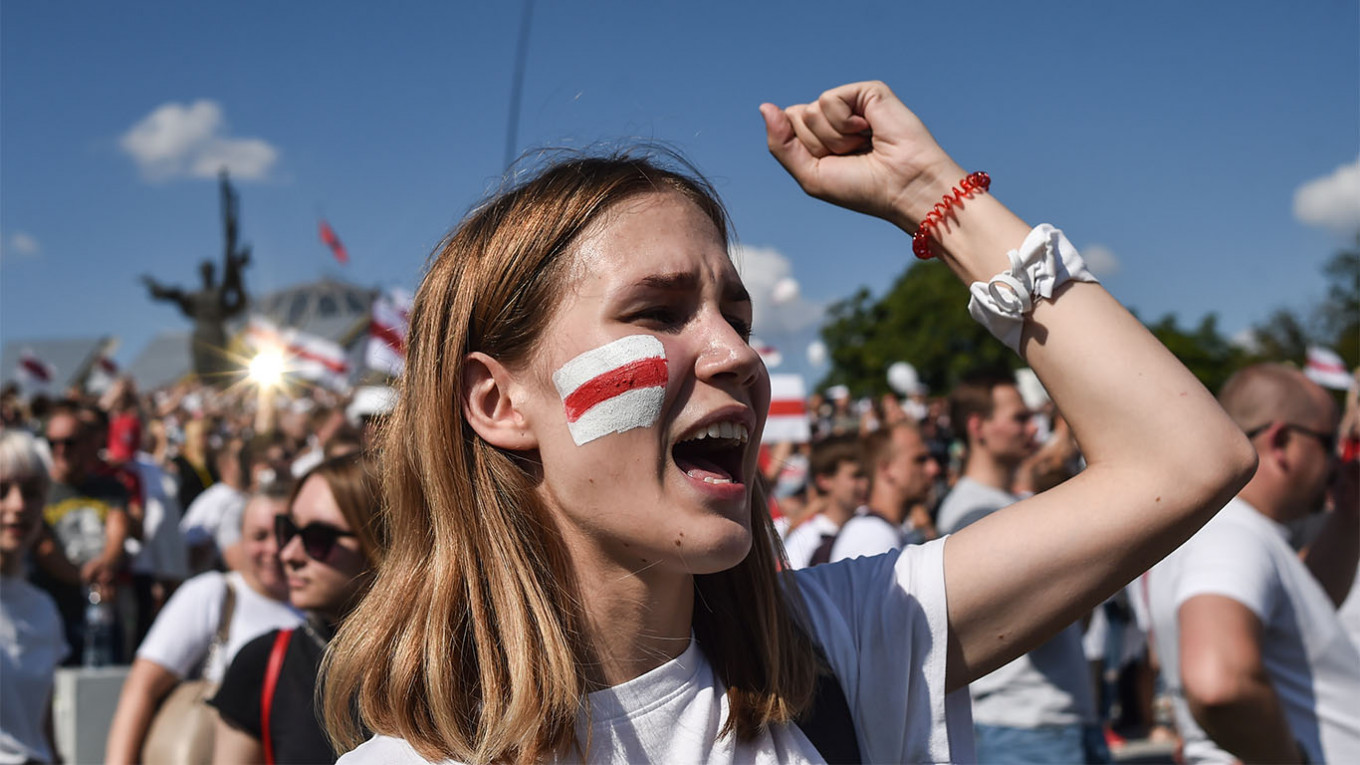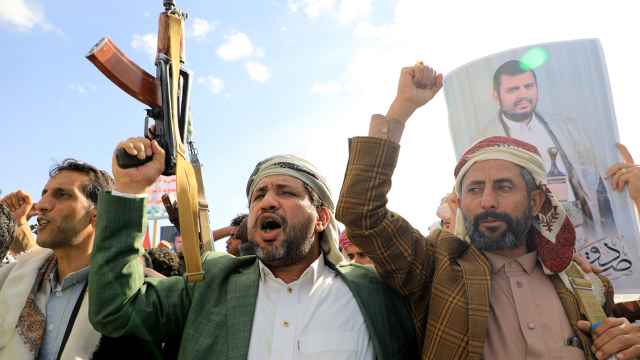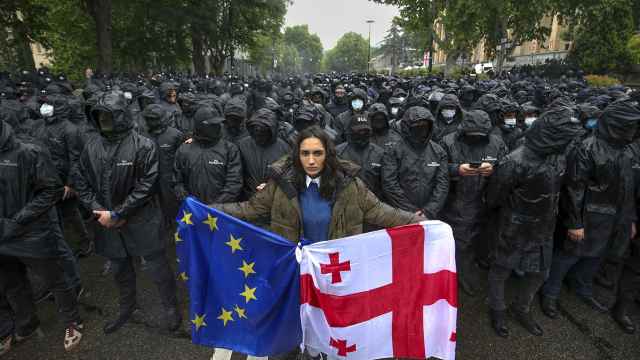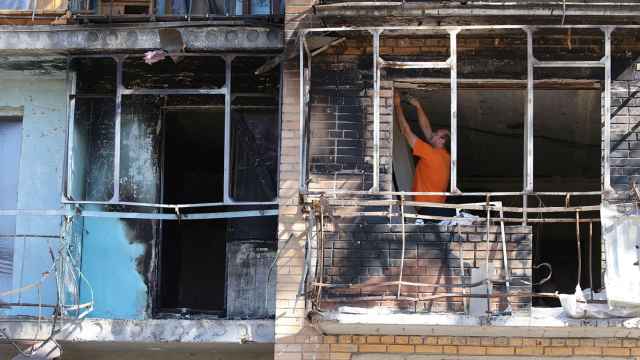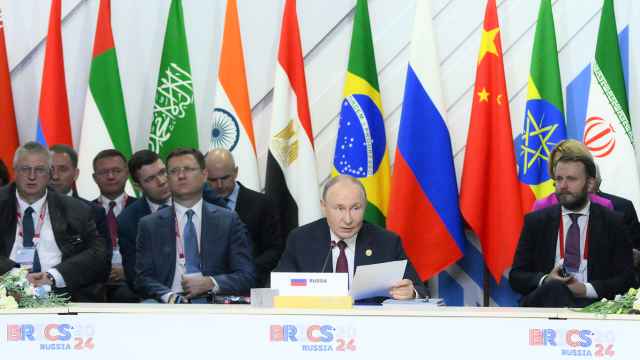The fate of Belarus hangs in the balance. Developments in the past week suggest it is set to complete a reordering of European politics that began three decades ago. But even in this shared context, Belarus stands out as unique. How it does so sheds light on key factors that will shape the course of events.
In early 1989 all the communist regimes of eastern and southeastern Europe were authoritarian. But some were more authoritarian than others. In Poland and Hungary the ruling party leadership negotiated transition to a multi-party democracy, with free and fair elections, through roundtable agreements with the opposition.
Czechoslovakia and East Germany remained hard-line. The latter even censored publications permitted in the Soviet Union under Mikhail Gorbachev’s policy of glasnost, or openness. In autumn 1989, popular demands for change swelled. Massive peaceful demonstrations filled streets and squares, as in Belarus today.
In neither country was the leadership in a mood to compromise. In East Germany, officials discussed, and prepared, for a so-called “Chinese solution”: a massive and lethal military crackdown, following the example of Tiananmen Square in June 1989. They were prevented from doing so because security and military forces were tightly subordinated to Soviet control through the Warsaw Pact and other bloc-wide structures.
Unlike previous Soviet leaders who had intervened against liberalization in Eastern Europe, Gorbachev did not allow these regimes to turn on their own populations.
Then came Milosevic’s downfall in Serbia in 2000 and Yanukovich’s two failures in Ukraine in 2004 and 2014. Both countries were far more pluralist than Belarus is today. They had multi-party systems, well-resourced opposition — including, in Ukraine, within parliament — and a boisterous media.
Belarus is different from all of these. There is neither an official mood for dialogue and change, as in Poland and Hungary; nor external restraint on domestic repression, as in Czechoslovakia and East Germany; nor the roiling pluralism of Serbia and Ukraine.
In the absence of all of these factors, Belarus is a harder case. It must therefore rely even more fully on the sustained mobilization, bravery and creativity of large numbers of ordinary people. So far, the people — for it is no longer an “opposition” but most of the population taking part — have not put a foot wrong. They have taken and kept the initiative and attracted new groups: journalists, doctors, major state enterprises, even a few members of the police and security forces.
But Belarus faces an exceptionally ruthless leader with a highly repressive security apparatus. In this it most resembles one country not already mentioned — Nicolae Ceausescu’s Romania. Even by Soviet bloc standards Ceausescu’s rule was bleak and long — 24 years, only two short of Lukashenko’s. It was the most hard-line and personalistic regime. It gained effective autonomy from the Warsaw Pact, and its military and security forces were not ultimately subordinate to Moscow.
Yet even here the leader fell, the last and most surprising casualty of 1989. The end began, out of nothing, in early December. Crowds in Timisoara, in western Romania, gathered to protect a Lutheran pastor, Laszlo Tokes, from arrest. Despite being fired on, crowds spread in the city and then beyond.
When Ceausescu spoke to a huge crowd in Bucharest five days later, and cheers turned to jeers, the utter incomprehension on his face became one of the unforgettable images of that miraculous year. The army that, in Tokes’s words, had been “very cruel, very violent” only a few days earlier, now abandoned, detained and then executed Ceausescu. In the past week Lukashenko has gone through a slow-motion version of this incomprehension. As peaceful protests have spread across the country he, and those closest to him, have demonstrated their total failure to understand the nature of events.
Romania shows that change is possible in the most unpromising conditions, even though it may be costly and painful — nearly 1,000 people were killed in those events. But there is one final factor that makes Belarus harder even than Romania. While a reforming Soviet Union had no wish to intervene in 1989, a resurging Russia might do so now, either directly or by providing some form of support for a crackdown.
We are reaching a tipping point. Watch how defections spread among groups whose loyalty, complicity and silence is essential for implementing the regime’s rule. Watch the military, it has not been directly involved in domestic repression before, nor is this part of its mission statement. If Lukashenko invokes martial law it will face a decisive choice. And watch Russia, which may try to control or stop change in some way. These are the key variables now.
A Message from The Moscow Times:
Dear readers,
We are facing unprecedented challenges. Russia's Prosecutor General's Office has designated The Moscow Times as an "undesirable" organization, criminalizing our work and putting our staff at risk of prosecution. This follows our earlier unjust labeling as a "foreign agent."
These actions are direct attempts to silence independent journalism in Russia. The authorities claim our work "discredits the decisions of the Russian leadership." We see things differently: we strive to provide accurate, unbiased reporting on Russia.
We, the journalists of The Moscow Times, refuse to be silenced. But to continue our work, we need your help.
Your support, no matter how small, makes a world of difference. If you can, please support us monthly starting from just $2. It's quick to set up, and every contribution makes a significant impact.
By supporting The Moscow Times, you're defending open, independent journalism in the face of repression. Thank you for standing with us.
Remind me later.



